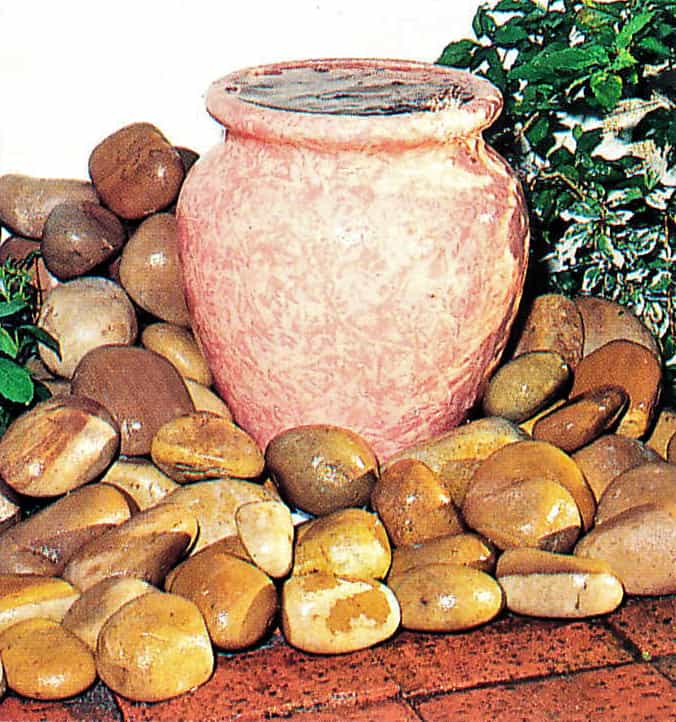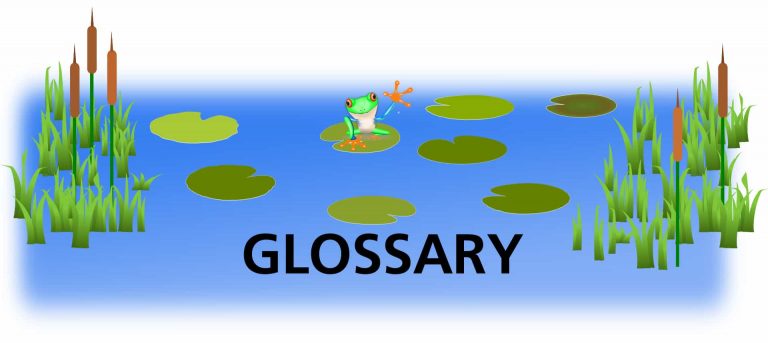
But if you are building a pond for fish, there are certain elements that you will have to consider.
There are many different types of ponds including fish ponds, duck ponds and lily ponds, and they come in a myriad of styles. These range from all the basic design elements, including size and depth, to water purification needs, as well as the fish pond supplies that you are going to have to buy.
Even deciding on the position of your pond is vital, since:
Too much sun will tend to heat the water and this could adversely affect the fish living in your pond.
Trees around the pond can cast too much shadow, drop their leaves and seeds and generally pollute the water, and their roots may cause problems under the pond as they develop and grow.
Ponds created in very low spots in the garden can become flooded in rainy weather, which can flood and dirty the pond.
Windy locations can lead to an increase in evaporation of the water which may affect the fish unless the water is topped up regularly. Windy also contributes to pollution.
Pond Depth and Size
The size and depth of any pond is another vital consideration. Many ponds are shallow, often no deeper than two feet, but the water in a shallow pond will heat more quickly than a deeper pond and this will deplete the oxygen and stress any fish that are in the pond. Deeper ponds stay cooler in summer, which is normally advantageous for fish.
Generally, ponds that are not going to be stocked with fish can be one depth throughout. But fish like to move between different levels and will always spawn in shallower water. So a one-depth pond is not a good idea for a pond created for fish. Also, if you are planning to include marginal plants within the pond, you will also need different levels, with a shelf of some sort at the edges so they are not immersed too deeply in water.
But size and depth factors will also vary depending on the type of fish you plan to keep. Goldfish and bigger orfes (a silvery freshwater fish of the carp family)are usually perfectly happy in relatively shallow water, provided the water is reasonably cool and it is well oxygenated. Koi on the other hand need deeper water and more of it. This is because their growth is not inhibited by the amount of water they live in.
Goldfish and Deep Water
Goldfish, on the other hand, will be stunted by the amount of water in the pond. Give them less water and they stay smaller. Since orfe spend much of their time in the upper levels of a pond, regardless of its size, you don’t need it to be very deep.
Then there is the question of the water. If you are going to stock your pond with koi, you definitely need to buy a pump and filter to keep the water constantly clean and clear. This will have the effect of keeping the fish healthy, and you will also be able to see them clearly in the water.
Be sure to take all these factors into account when you start building a pond for fish.






